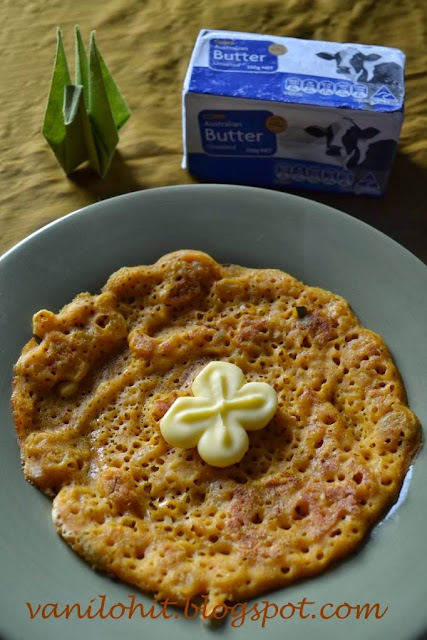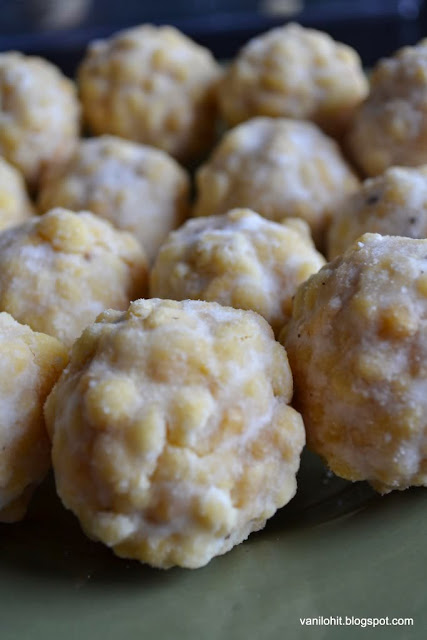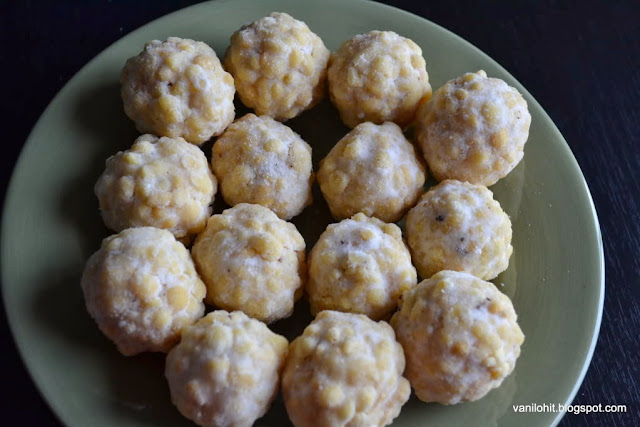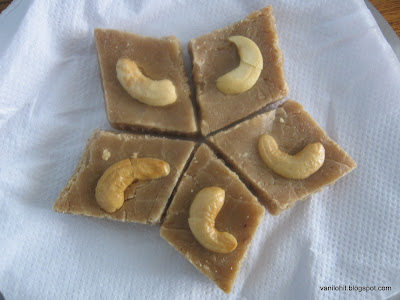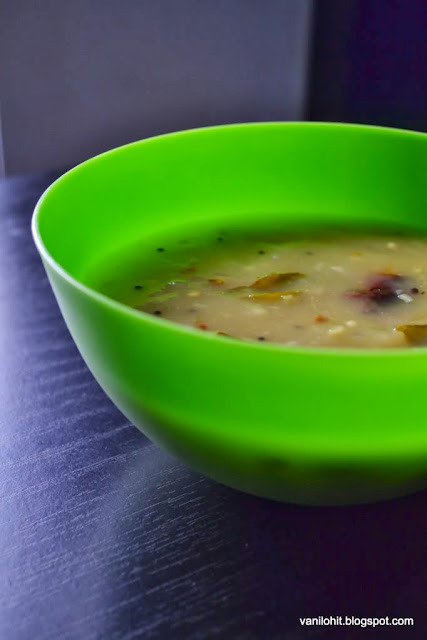ಕನ್ನಡದಲ್ಲಿ ಓದಲು ಇಲ್ಲಿ ಕ್ಲಿಕ್ ಮಾಡಿ.
We always prefer some or the other kind of dosa for the daily breakfast. Sometimes, I prepare rotti or idli also, but most of the days, our day starts with dosa! Here, we get a vegetable called Zucchini. It looks like cucumber, but tastes like bottle-gourd! Sometime back, we had been to a Farmers market nearby and bought this vegetable from the market. Somehow, I was not able to finish it off and it started spoiling. I thought of using the zucchini for preparing the dosa batter. Dosas came out very well and we couldn't make it out that it is made of zucchini!! Then, the stock of zucchini got over very easily.
Last week I tried preparing Spicy Dosa or Khaara Dose, which I learned from my mom using the zucchini. It came out very well. I already prepared it three times using zucchini and we people enjoyed it a lot. Now, I am sharing this recipe with you as well! Zucchini is not a must, you can replace it with green cucumber or yellow cucumber.
Preparation time: 1/2 hour
Soaking time: 3 hours
Fermentation time: 7 - 8 hours or overnight
Servings: 2
Ingredients:
Rice - 1 1/2 cup
Fenugreek seeds - 1/2 spoon
Dry red chillies 3 - 4
Coriander seeds - 1 1/2 spoon
Cumin seeds - 1/2 spoon
Turmeric - 1/4 spoon
Carom seeds - 1/4 spoon
Mustard seeds - 1/2 spoon
Sesame seeds - 1/2 spoon
Pinch of asafoetida
Curry leaves 5 - 6
Zucchini - 1 (or small size cucumber)
1 medium size onion
Salt to taste
Sugar or jaggery - 1/2 spoon
Oil or butter
Procedure:
Soak the rice and fenugreek seeds in water for at-least 3 hours.
Peel the zucchini and cut into small pieces or grate them using the grater or shredder.
Combine the soaked rice and fenugreek seeds, chopped/ grated zucchini, red chillies, coriander seeds, cumin seeds, turmeric, carom seeds, mustard seeds, sesame seeds, asafoetida and curry leaves and grind into a smooth paste.
You may need very less water for grinding them, because of the water content present in the zucchini/ cucumber. If required, add little water.
Keep the batter in a warm place for 7 - 8 hours or overnight.
Before preparing the dosa, chop the onion, mix it with salt and keep it for 10 - 15 minutes. If will make the onion pieces smooth and they will adjust with the batter nicely.
Heat the dosa pan on medium flame. Add salt, sugar and chopped onion to the dosa batter and mix well.
Pour a ladle full of batter on the dosa pan and spread it a little; don't make it too thin.
Cook the dosa on both the sides. Add little oil or butter if you like.
Serve the warm dosa with butter.
Tips:
- Add 2 spoons of grated coconut while grinding the ingredients to make the dosas very smooth.

